Earth And Environmental Science
-
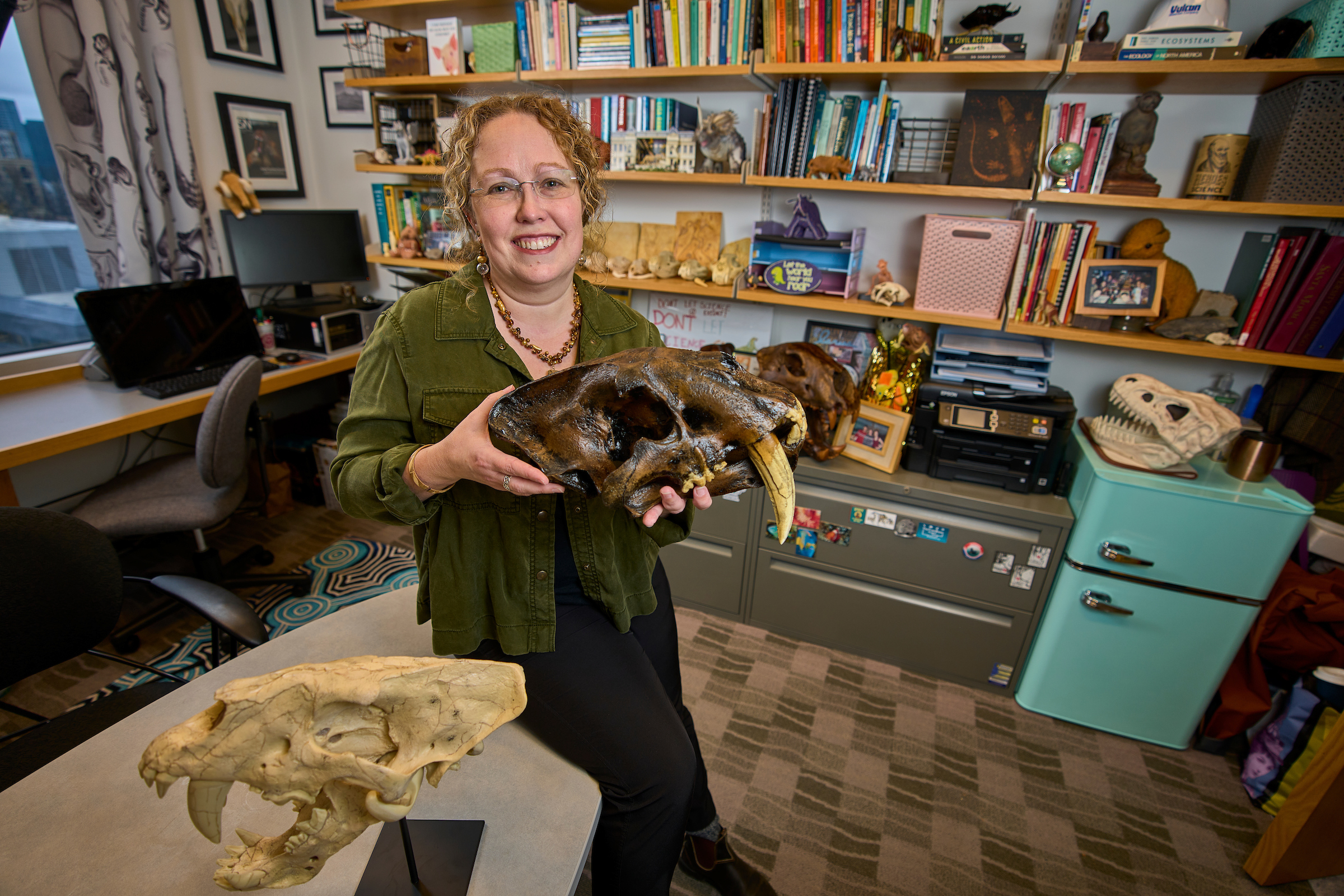
Larisa DeSantis: Looking back for the future
Our past has something to say. 2025 Guggenheim Fellow Larisa DeSantis is ready to translate. Read MoreMay 18, 2025
-
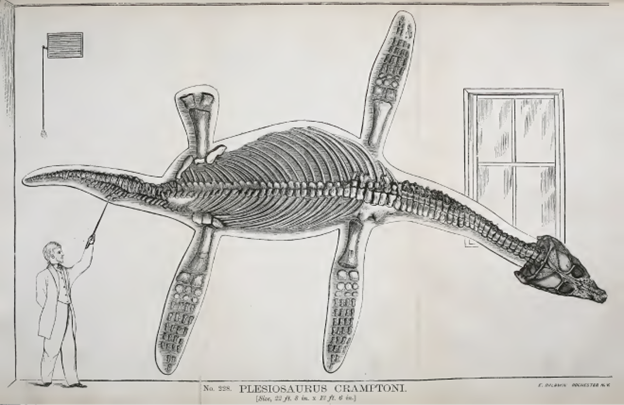
Restoring Vanderbilt’s Natural History Museum: Rediscovering the lost plesiosaur (cast)
Embarking on a new research project often brings unexpected discoveries—some intriguing, some novel, but rarely a find of a lifetime. Such a remarkable discovery occurred when university archivist and associate director Kathy Smith stumbled upon a pile of plaster, hidden away for 60 years in a dim, cluttered closet of the Branscomb Quad basement. This plaster turned out to be the long-lost Crampton’s Plesiosaur Cast from the 1870s, missing for nearly six decades. Read MoreSep 3, 2024
-
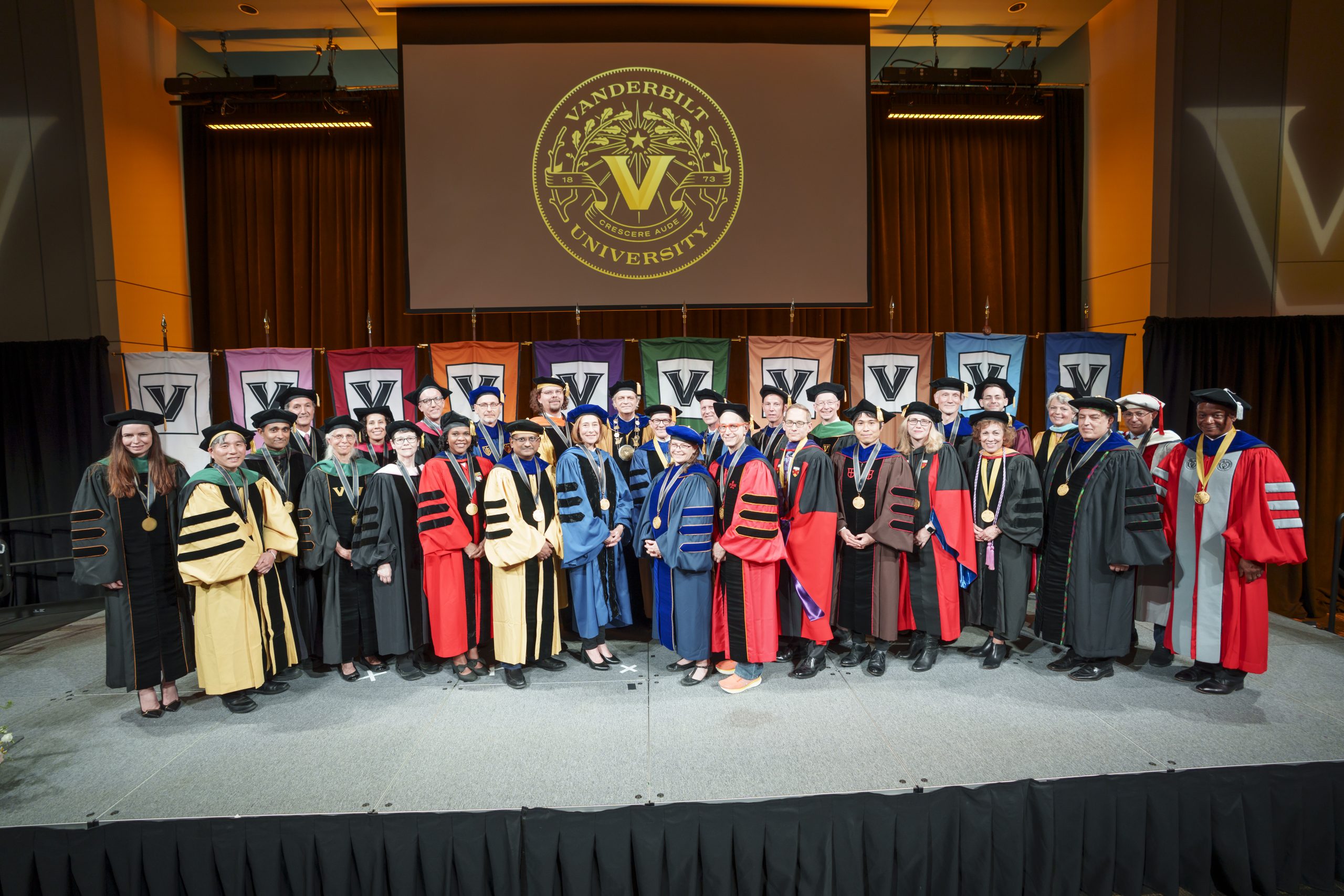
28 faculty honored at endowed chair investiture
The distinguished faculty members and deans representing eight colleges and schools were presented with medallions that symbolize the attainment of their positions and will become part of their official academic regalia. Chair holders contribute their expertise to real-world challenges, including climate change, political inequality and access to justice, artificial intelligence and ICU trauma. Read MoreApr 11, 2024
-

CLASS OF 2024: Call to nature helps Danait Issac build community and cultural bonds
WATCH: See how Danait Issac is sharing her love of her Eritrean heritage and the great outdoors to empower and connect Vanderbilt students. Read MoreFeb 23, 2024
-
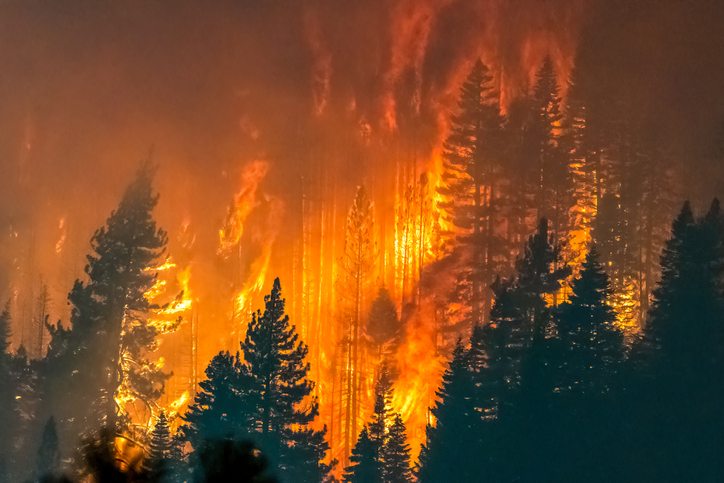
New technique unlocks ancient history of climate and wildfires recorded in California cave rocks
With a newly developed technique, Vanderbilt professor Jessica Oster is revealing how prehistoric climate change shaped fire activity in California. Read MoreJan 23, 2023
-
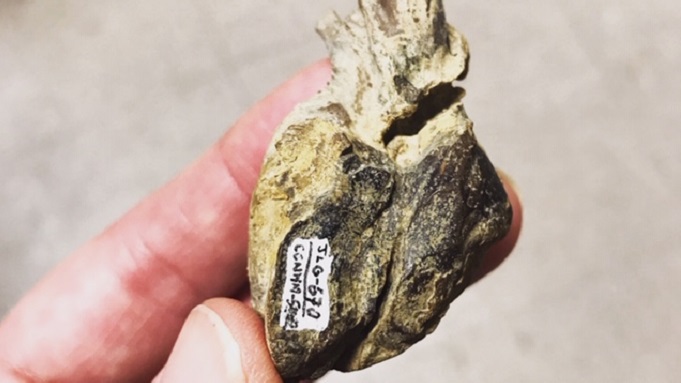
Dolphin ancestor’s hearing was more like hoofed mammals than today’s sea creatures
The team, one of the first in the world to examine the ability’s origins, used a small CT scanner to look inside a 30-million-year-old ear bone fossil from a specimen resembling Olympicetus avitus. Read MoreMay 15, 2019
-
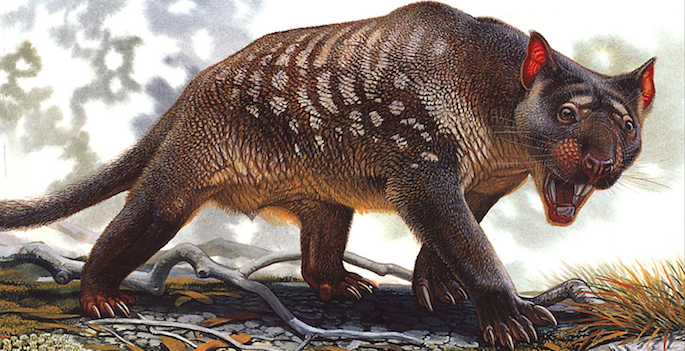
Climate change the likely killer of Australian marsupial lion
The extinction of one of Australia’s top predators, the marsupial lion, was likely a result of changing weather patterns and loss of habitat rather than human impacts, a study led by Vanderbilt University paleontologist Larisa DeSantis has found. Read MoreOct 19, 2018
-

Political leaning influences city water policies as strongly as climate
Vanderbilt environmental researchers developed an index of city water policies and gathered data on the climate, water sources, population, economy and political leanings. Read MoreJun 18, 2018
-
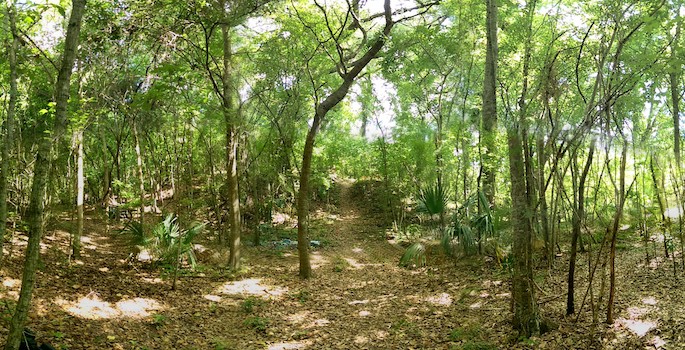
Prehistoric people also likely disrupted by environmental change
A prehistoric community in the Mississippi Delta may have abandoned a large ceremonial site after the bayou it sits on began to dry up. Read MoreMay 24, 2018
-
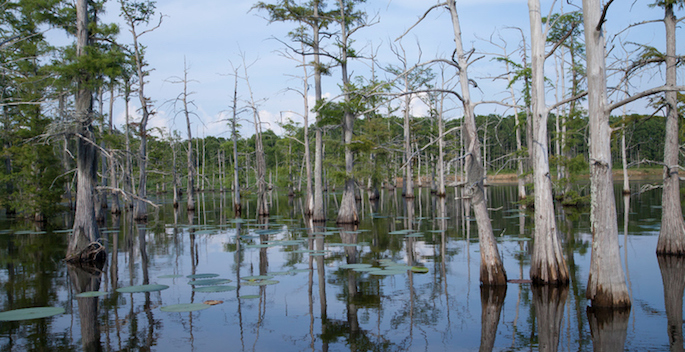
Mississippi River Delta will lose more land than can be reclaimed
Before the Industrial Age, the Mississippi Delta grew at a rate of two to three square miles per year, suggesting that, even with current reclamation efforts, it is unlikely that it will be possible to offset the current rate of loss--15 to 20 square miles per year Read MoreApr 11, 2018
-
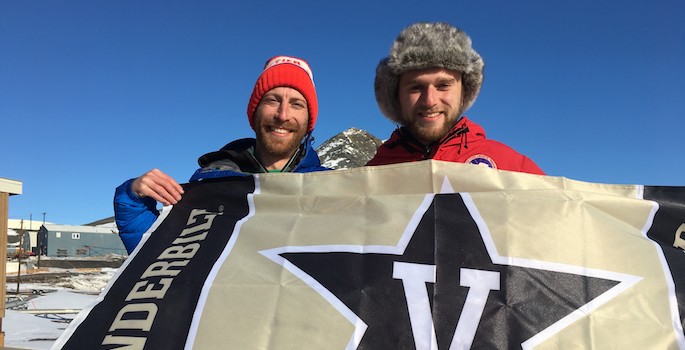
Professor and student travel to the bottom of the earth, searching for climate clues
Vanderbilt geologist Dan Morgan and undergraduate Andrew Grant took immersion to an extreme, trekking all the way to Antarctica to hunt for the oldest ice ever found. Read MoreApr 4, 2018
-
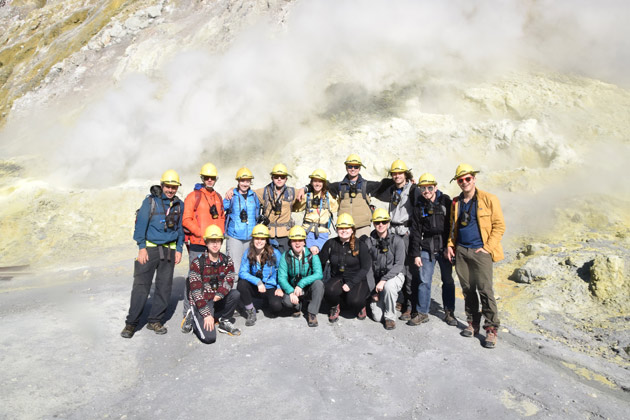
VU Inside: Students dig into super-massive volcanic eruptions
A dozen Vanderbilt students went on a monthlong science adventure of a lifetime, studying super-eruptions, glaciers and earthquakes in New Zealand. Read MoreJan 25, 2018